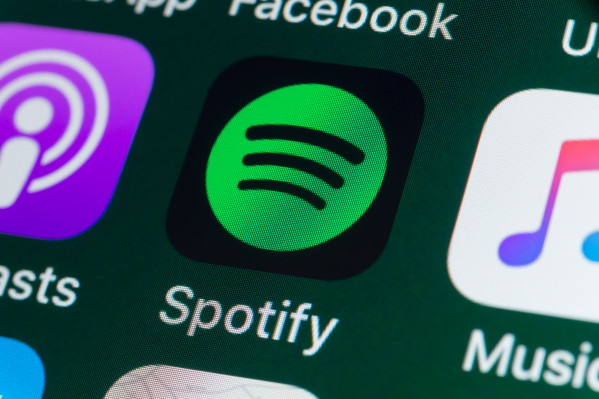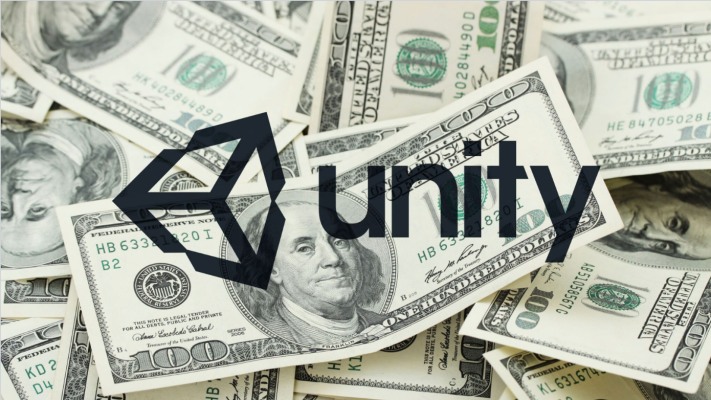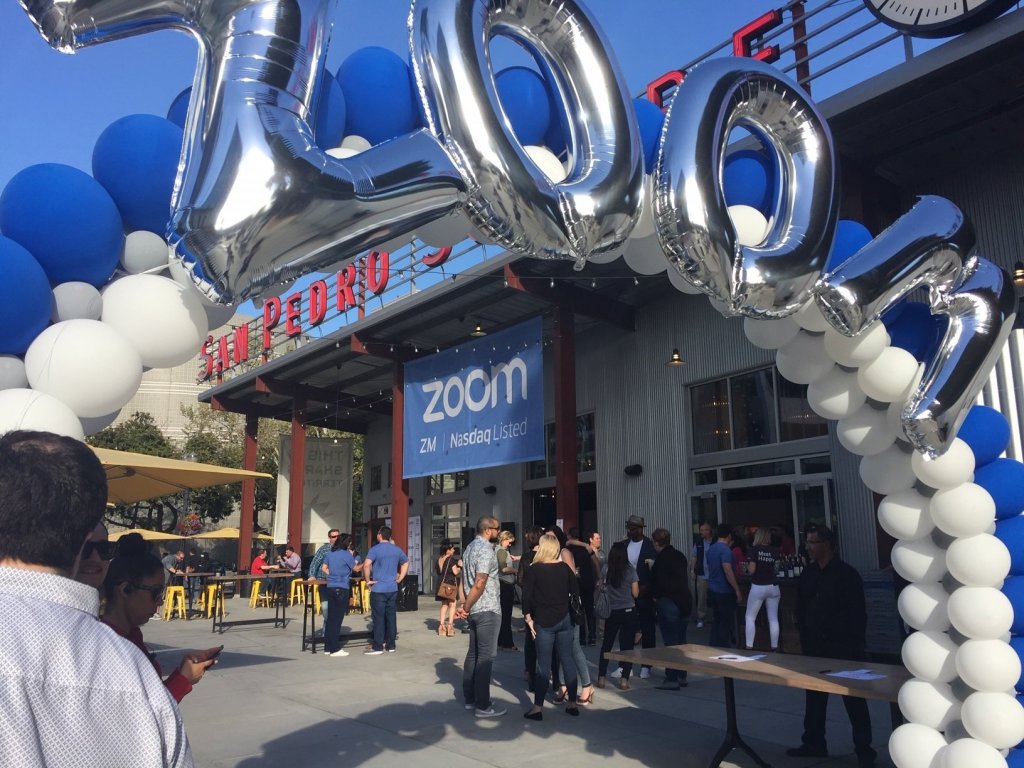Spotify today took another step in its efforts to build out services for artists to help diversify itself away from a business model predicated on paying music streaming royalties to labels: it has acquired SoundBetter, a music production marketplace for artists, producers, and musicians to connect on specific projects; and for people who are looking to distribute music tracks to those who want to license them.
SoundBetter has about 180,000 registered users and has paid out more than $19 million to musicians and producers to date, averaging around $1 million per month currently, itself taking a cut by way of a commission (of an undisclosed percentage) on each deal secured through the platform.
Financial terms of the deal are not being disclosed, meaning it’s unlikely to be a significant sum for the $24 billion streaming giant, which now has 232 million users, including 108 million Spotify Premium subscribers. New York-based SoundBetter had raised an undisclosed amount of funding from investors including 500 Startups, Foundry Group, Eric Ries and Verizon Ventures when it was still called Nautilus under AOL (disclosure: TechCrunch is part of Verizon Media). Its last funding — convertible debt from Drummond Road and others — was back in 2015.
SoundBetter is not being shut down with the acquisition: a spokesperson confirmed to TechCrunch that it will be business as usual as Spotify and the startup work on integrating SoundBetter’s services with Spotify for Artists, which currently offers musicians and others analytics on Spotify tracks and other services to help market themselves.
SoundBetter was founded back in 2012 by Shachar Gilad (CEO) and Itamar Yunger (CTO) and operates two main services. Its main business is an online marketplace for musicians to source singers, sound engineers, producers and other music and audio professionals to put the finishing touches on tracks (think Fiverr or Behance, but specifically for music). In June this year, it launched a newer marketplace called Tracks for people to license finished music, competing with the likes of Epidemic Sound (which earlier this year raised money at a $370 million valuation), and Soundcloud.
Interestingly, Spotify had tried to launch a direct music distribution platform in the past — including with an investment in DistroKid, a music distribution service that supports cross-platform uploads — but the effort never left the beta phase and was then shut down this past July. That decision possibly make more sense now, since the move might have been made to pave the way for SoundBetter.
Indeed, for Spotify, the deal is a signal that the company is going to continue investing in more behind-the-scenes services for artists and others in the music ecosystem. There are a few reasons why this needs to happen.
First, there is the financial predicament of musicians themselves. They have long lamented about how little they earn from Spotify, so having additional services available to them either to make money, or to at least operate more efficiently in their craft, can only be a boost to that relationship.
Second, there is the basics of Spotify’s streaming business for Spotify itself. The company says it has paid out more than €13 billion ($14.3 billion) to rights holders since launch — there is money paid out with each stream — and that it’s renegotiating label deals all the time, but the company is still operating at a loss from its basic business model (albeit the loss appears to be shrinking).
Third, diversifying could help take some pressure off the streaming side of the business overall. Even putting the profitability to one side, last quarter, Spotify faced some criticism (and a drop in its share price) for missing its own targets for subscription growth.
“As we build out our tools for creators, we want to give them the resources they need to thrive. SoundBetter has the same vision,” said Beckwith Kloss, VP Product, Creator at Spotify, in a statement. “We’re excited that creators can generate income through SoundBetter, as well as benefit from its network of top professionals – from instrumentalists to songwriters to producers – as they perfect their tracks.”
Spotify has over the years amassed a growing list of assets that take the platform beyond basic music streaming, with a lot of attention of late focused on spoken word content, providing cloud-based studio services by way of SoundTrap (acquired by Spotify in 2017), and podcast platform Anchor (acquired last year).
But music continues to be the beating drum of the platform — with paid streaming continuing to grow at the expense of the physical music business. So, Spotify will continue to build up that area of its business, too (not least also because competitors like Apple are continuing to build up its own services for artists that bypass traditional labels).
SoundBetter already has a decent, if relatively small, business, with its fair share of big names. It claims that “Kanye West’s Producer, Hoobastank’s Drummer, Jamiroquai’s Guitarist, Beyonce’s Songwriter, Joe Cocker’s Bass player, Herbie Hancock’s Engineer, Morrissey’s Guitarist, The Killers’ Mixing Engineer, and George Michael’s Mastering Engineer” are among those using its services. Getting acquired will give it a big boost in exposure: Spotify for Artists currently has 400,000 registered users, but with the platform itself a cornerstone of digital music distribution, Spotify hopes that with the right mix of services, including the kind that SoundBetter has built, that number can grow much bigger.
“SoundBetter offers the most comprehensive global marketplace for music and audio production professionals for hire in the world along with a member community spanning 176 countries and 14,000 cities worldwide,” said SoundBetter Co-Founder and CEO Shachar Gilad. “We are excited to benefit from Spotify’s global scale, resources, and vision to expand our network and drive more economic opportunities for artists of all levels.”










